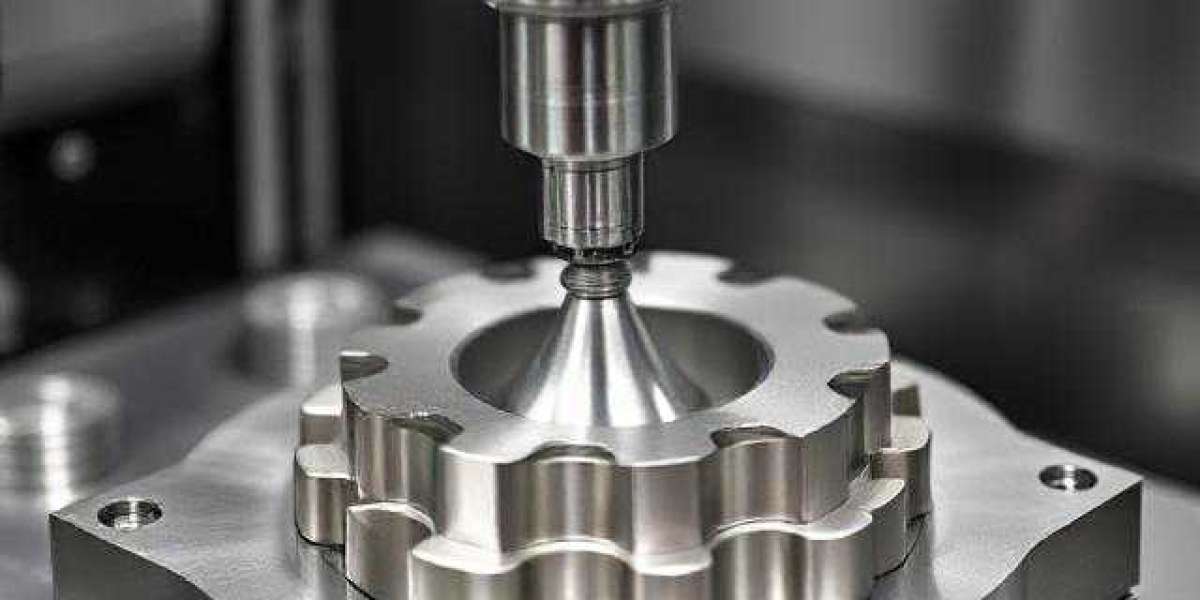What Are Prototype Manufacturing Services?
Prototype manufacturing involves producing a physical sample or model of a part or product before full-scale production. The goal is to evaluate the design, functionality, and manufacturability of a product early in the development process. These services use various advanced technologies such as CNC machining, 3D printing, vacuum casting, and injection molding to produce parts with speed and precision.
Prototypes can be used for:
Design validation
Functional testing
Client demonstrations
Pre-production approval
Types of Prototypes
Visual Prototypes
Show the general look, size, and shape of the product
Useful for presentations and marketing
Functional Prototypes
Mimic the behavior and operation of the final product
Used for testing form, fit, and function
Pre-Production Prototypes
Very close to the final product in material and function
Often used for pilot testing or user feedback
Key Technologies Used in Prototype Manufacturing
?️ CNC Machining
Highly precise and suitable for metal and plastic parts, especially when tight tolerances are required.
?️ 3D Printing
Ideal for rapid prototyping of complex geometries. Common materials include PLA, ABS, resin, and even metal.
? Vacuum Casting
Used for creating small batches of plastic prototypes that mimic injection-molded parts.
? Sheet Metal Fabrication
Perfect for creating prototypes of enclosures, brackets, and other metal components.
Benefits of Prototype Manufacturing Services
✅ Faster Time to Market
Quickly create and iterate on designs, reducing overall development time.
✅ Cost Savings
Identify design flaws before mass production, avoiding expensive rework or tooling changes.
✅ Improved Product Quality
Test and refine products based on real-world performance and feedback.
✅ Design Flexibility
Make adjustments on the fly to meet functional, aesthetic, or ergonomic needs.
✅ Better Communication
Tangible prototypes help convey your vision more clearly to stakeholders, investors, and manufacturers.
Industries That Use Prototype Manufacturing
Aerospace – Precision components for testing aerodynamic performance
Automotive – Prototypes of engine parts, interior panels, and lighting systems
Medical Devices – Surgical tools, prosthetics, and diagnostic equipment
Consumer Electronics – Enclosures, buttons, and mechanical parts
Industrial Equipment – Gears, housings, and specialized fittings







